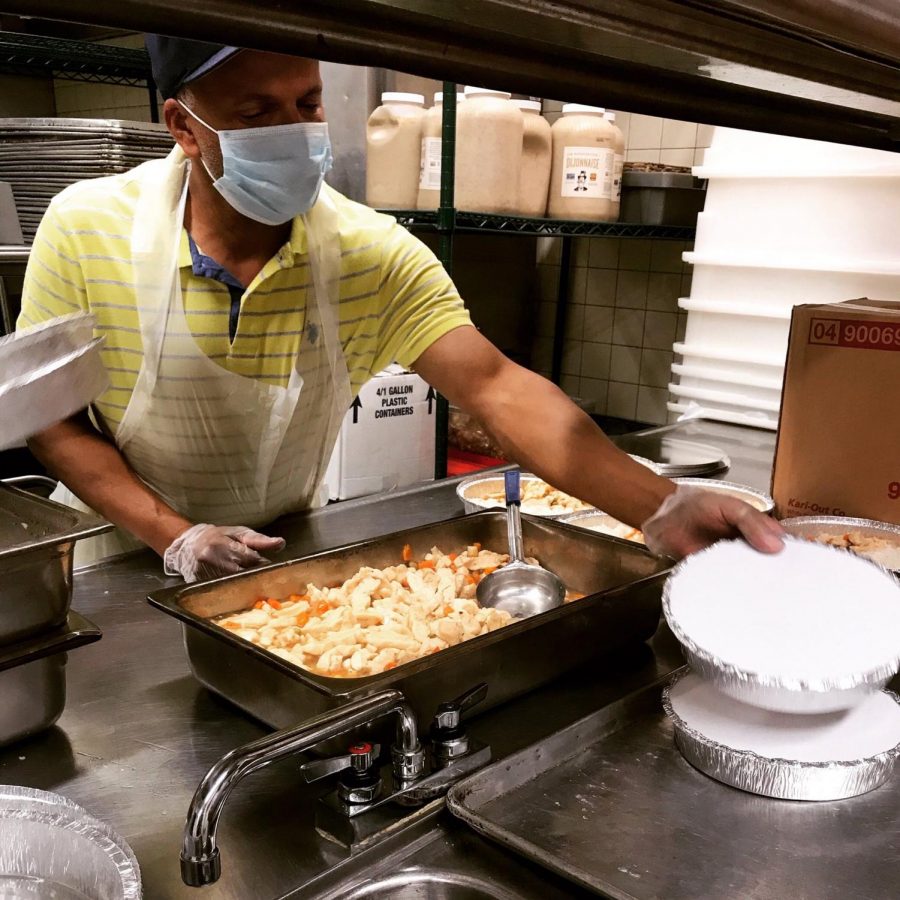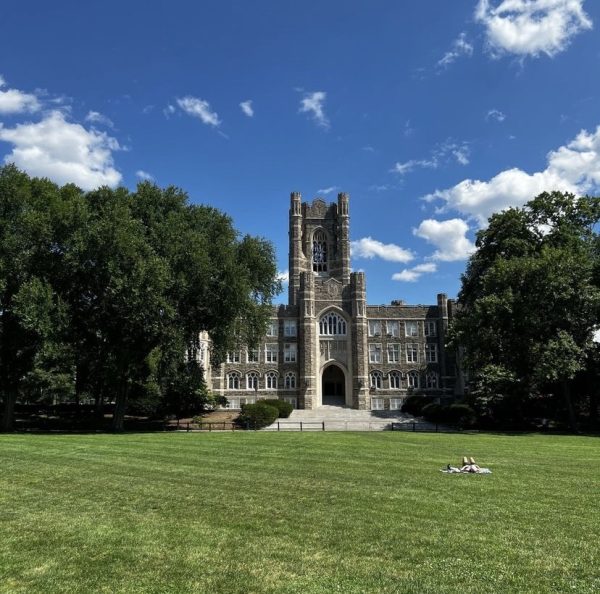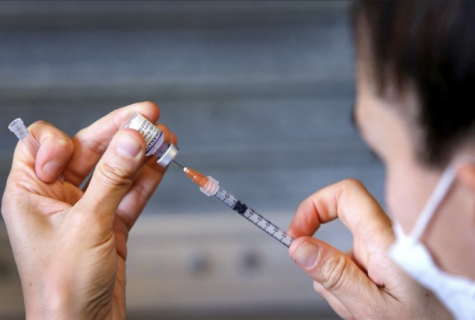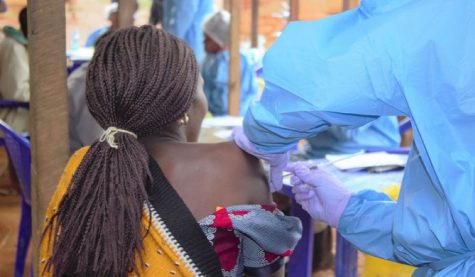Local Nonprofit POTS Continues to Serve Bronx Community During Pandemic
Many Fordham students have crossed paths with the staff members and volunteers at the nearby nonprofit Part of the Solution (POTS). The organization provides food, legal and social work and other day-to-day services for Bronx community members in need. Many community outreach programs and student groups at Fordham have partnered with POTS over the last several decades.
But when COVID-19 first began to spread rapidly across New York City and most Fordham students left the Bronx, the staff members at POTS continued to deliver essential services to the surrounding community.
As the virus triggered mass lockdowns in New York, it was unclear whether POTS would continue to operate. “At first, it was just understanding if we were allowed to stay open,” said Christina Hanson, the executive director of the organization.
However, it soon became clear that nonprofits like POTS were considered essential by the city government. Hanson said POTS staff worked quickly to adjust their services to accommodate COVID-19 safety guidelines.
POTS’s mailroom remained open for community use, but the organization had to close its shower facilities and halt its haircut service. The clothing service was also temporarily suspended, according to the organization’s website. During normal times, the building’s bathrooms are open for public use, but the staff began turning people away during the pandemic, said Hanson.
POTS adapted its legal and social work services to become remotely accessible. POTS staff in these departments served clients via phone call or text.
At the beginning of the pandemic, part of the challenge was creating the infrastructure to serve clients remotely and work through technical issues, explained Hanson.
“We were able to adjust our programs before we had a huge increase in the number of people seeking our services,” she said. “POTS had been a very ‘show up, and we’ll serve you’ kind of place for all of those services, but we had to change that working remotely because we couldn’t just have people sitting in a waiting room anymore.”
POTS was also able to continue to serve meals Monday through Friday from 12:30-3 p.m. But that staple service did have to change to protect the safety of both staff and guests. The organization expanded its food pantry service but had to close its dining room space, said Hanson. This closure resulted from safety concerns and limitations of physical space — the expanded pantry took up space previously used for dining, she explained. Guests could still come to pick up meals every weekday afternoon but could not eat inside the building like they normally could.
One of the biggest challenges beyond logistical concerns was maintaining the sense of community that POTS has created throughout the years with its guests.
“We try to create a loving and respectful environment for everyone who comes through our doors,” said Hanson. “Our staff often does the extra mile for people because we take the time to hear what’s going on in their lives and address the challenges.”
However, safety concerns and social distancing requirements made those bonds harder to maintain this last year, Hason explained. “When you’re suddenly afraid to interact with people because you’re afraid you are going to get them sick, or they’re going to get you sick, it means those interactions are going to become a lot more cursory. You’re not going to have that kind of relationship with people.”
To combat this issue, POTS staff has brainstormed ways to interact with guests in a more personal way outside of the building. There is more space to maintain distance outside than in the pantry or cafeteria area, explained Hanson.
POTS staff members also had to pick up the slack of volunteer groups that were forced to cancel planned service trips because of the pandemic. However, Hanson said that while group volunteering has declined in the last year at the nonprofit, individual volunteers stepped in to fill the gaps.
“Early on in the pandemic, there were many people who felt like the world was collapsing around them — for obvious reasons, and the thing that they could do to help would be to come to POTS and continue to contribute,” said Hanson.
Despite the obstacles presented by the coronavirus pandemic, POTS has continued to serve community members this past year. “For the last couple of years, we’ve served 30,000 people a year,” said Hanson. “Last year, we served 40,000.”
Hanson also said the number of total meals increased from 1.1 million in 2019 to 1.3 million provided to community members in 2020. POTS staff were also able to help clients access roughly $7 million worth of public benefits last year.
In the last two weeks, POTS has begun to require staff to work in-person a few days each week, slowly transitioning back to pre-pandemic norms, said Hanson. Fortunately, many staff members have received vaccinations, so Hanson hopes that POTS will continue to move towards more in-person services and interactions with guests in the coming months.
The stress of the pandemic has been difficult for staff, explained Hanson, but working at the nonprofit during such an unprecedented time felt worthwhile and fulfilling.
“Being able to actively help at a time when you feel out of control in a situation can be really rewarding for individuals and staff members in particular,” Hanson explained. “We’re making sure that our neighbors have what we need — it’s a really valuable thing.”

Abbey Delk is a junior from Wheeling, West Virginia, double majoring in English and journalism and minoring in film & television. Her career at the...












































































































































































































